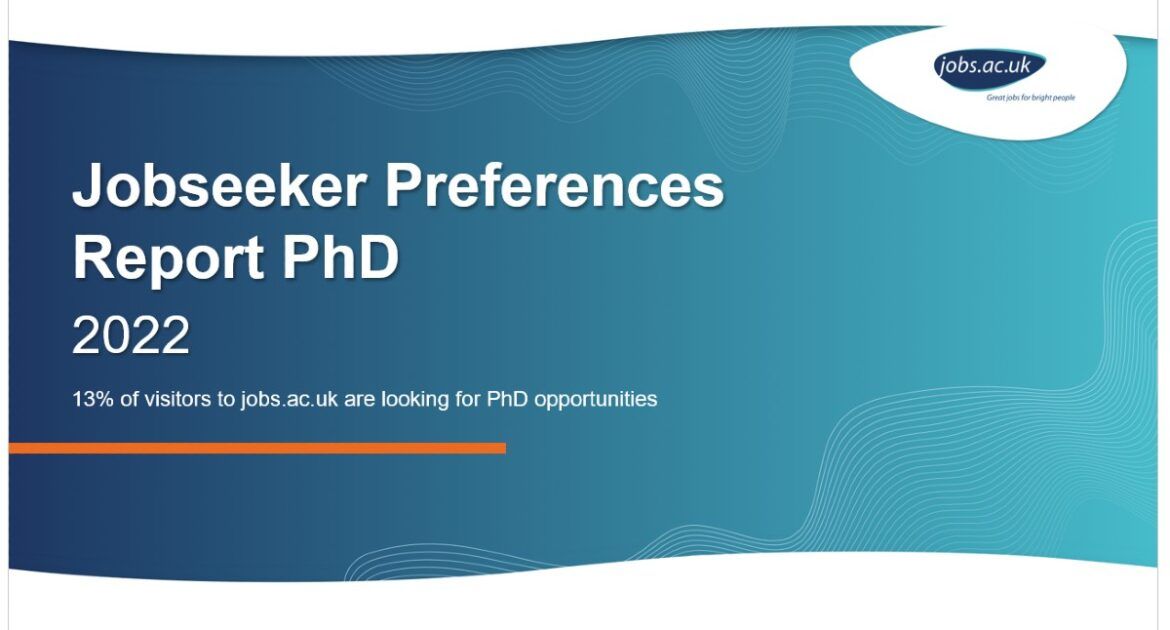jobs.ac.uk attracts a diverse and highly qualified audience across a range of disciplines. Our 2022 report shows how this audience breaks down and offers insights that can help you successfully advertise your PhD opportunities to the right people on our platform.
At a glance
Of the 8,512 that took part in the survey, 13% were looking for PhD opportunities, with 68% actively searching and applying. PhD’s in Engineering and Technology were the most popular subject discipline, and Health and Medical, and Business Management are the second most popular.
66% of respondents use our PhD alerts, proving this is a highly effective way of reaching your target audience.
The top reasons for seeking a PhD is to pursue an academic career or make a significant contribution to the field or society, and funding availability is the most important deciding factor when considering a PhD.
PhD adverts and the recruitment process
76% of respondents state that the most important part of a job advert, aside from the title, salary and location, is a clearly defined research project and funding details. A long application process and lack of response after applying for PhD’s are the most frustrating parts of the PhD-seeking process.
In the workplace
35% of respondents state that it is important that the employer has a great reputation for research and services, and 28% are looking for an employer that has a reputation for being inclusive and encouraging diversity and equality.
PhD interview preferences
In the aftermath of the pandemic, the majority of respondents (57%) would prefer a video interview for local PhDs, with Video interviews also being the preferred method for PhDs overseas.
You can see the full report here.


Share your comments and feedback